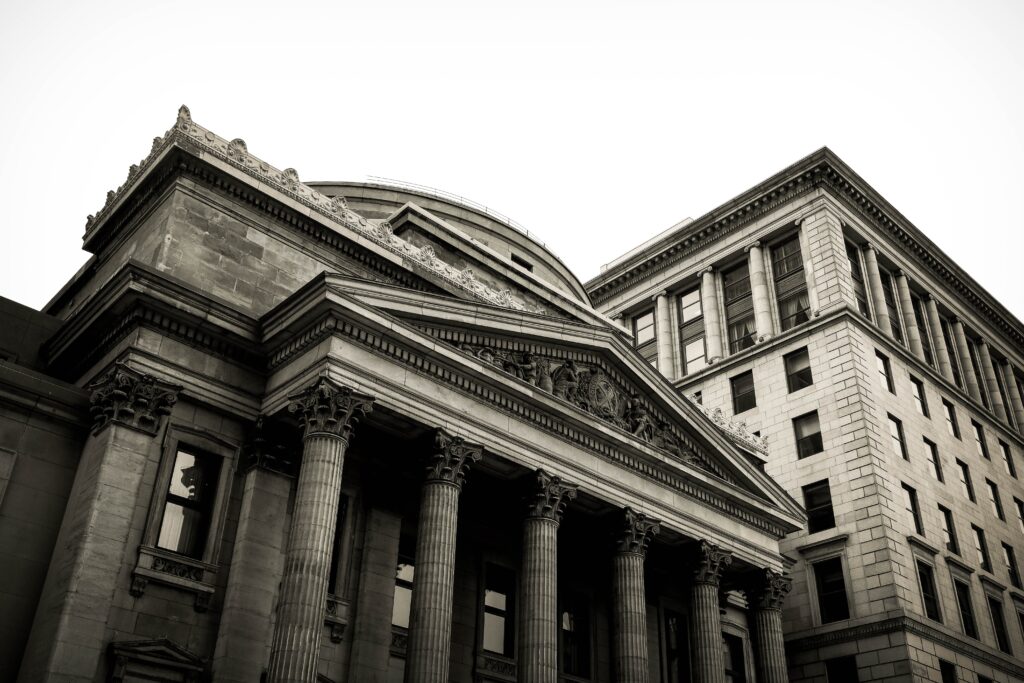
Ever craved a steak bake from Greggs in the middle of the night? A midnight snack from Greggs could soon be a reality following reports the firm has applied for a 24-hour operating licence for its store in Canterbury, Kent. Canterbury City Council received the application in the last few weeks, which also includes provision for a delivery service, running from 11pm to 5am, seven days a week.
Owners of McDonald’s franchises will no doubt be quaking in their boots at the thought of Greggs stores staying open through the night nationwide. McDonald’s has long enjoyed a monopoly over the late-night cuisine market, alongside the independent kebab, fried chicken and burger stores, which line our stomachs with questionable fare. However, this could soon be coming to an end if the premier pastry barons have their way.
Greggs is an outlier compared with much of the UK economy at present
Greggs has fared strongly in recent years as consumers have inched closer towards value food offerings amid the ongoing cost-of-living crisis. The value of Greggs’ share price has risen over 6% in the last six months to July 2023, but even though the nation adores its hot sausage rolls, its pastry may not be enough to help the FTSE 250 of which it’s now part of.
The FTSE 250 index consists of the top 250 UK companies based on market value, of which Greggs is now comfortably one of those. The FTSE 250 is, therefore, more volatile and susceptible to developments in the UK economy, with inflation rampant in the last 12-to-18 months. There are a lot of “will market recover from inflation” stories doing the rounds at present, but the power of pastry and Greggs alone won’t be enough to prevent interest rates from rising further or at least remaining high.
UK economy teetering on a knife edge as Bank of England grapples with inflation
At the start of 2022, Greggs charged £1.05 for a fresh sausage roll. In early January 2023, that price has since risen beyond £1.20. That’s a rise of 15p, which on the face of it, doesn’t sound like it’ll break anyone’s bank account. However, when you consider that’s a 12-month price rise of 14.2%, it’s symptomatic of how food prices have risen across the board for British households.

Critics of the Bank of England feel its Monetary Policy Committee (MPC) was slow on the uptake to accept the existence of inflation and the need to hike interest rates post-pandemic. The Bank of England’s governor, Andrew Bailey, previously described inflation as being “transitory” for the UK economy. However, the MPC’s worst fears were realised as food and beverage price inflation peaked at around 19% in April 2023. Meanwhile, volatile energy and oil prices also caused a major hit to the finances of households and businesses up and down the UK.
As a result, the MPC has rapidly hiked interest rates from all-time lows of 0.1% to 5% within the space of 18 months. Unfortunately for the British economy, the MPC doesn’t look like it’s stopping there either. With inflation still appearing sticky in the most recent May figures, the Bank of England looks set to hike rates a further 0.25%-0.5% in early August.
The financial markets believe UK interest rates could peak as high as 6.5%, although swap rates for the British pound suggest it could be closer to 6%. Nevertheless, this will have serious implications for mortgages, escalating the cost of home ownership and eating into the disposable income of households for several years to come.
That doesn’t appear to be stopping Greggs in their tracks, though. By 2026, the retailer hopes to have doubled its sales figures posted in 2021. Its 24-hour licence and investment in increasing its store portfolio will go a long way to cementing Greggs as Britain’s bakery behemoth.
